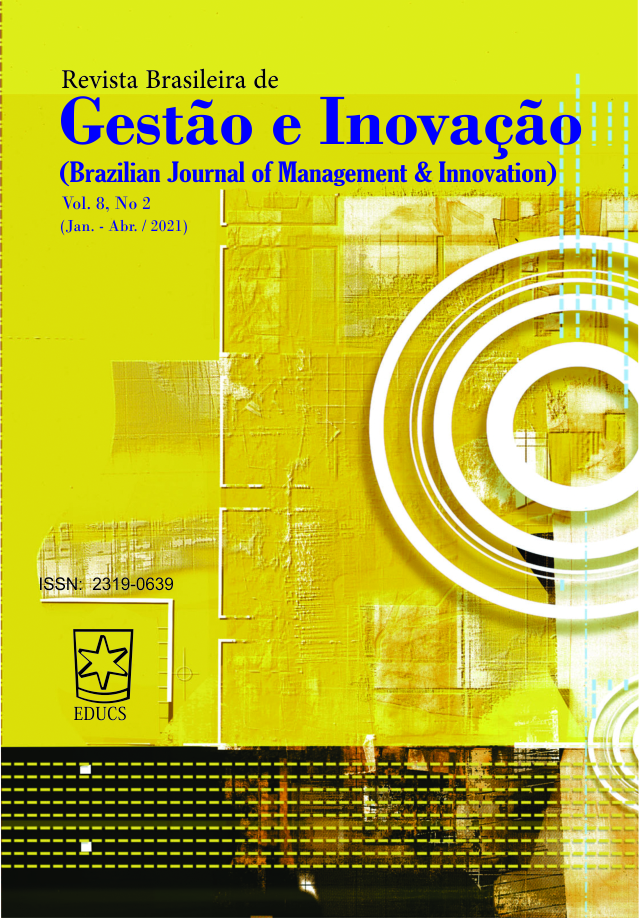A IMPLANTAÇÃO DO SISTEMA (DES)INTEGRADO: UM DESAFIO DE T.I. PARA A GESTÃO PÚBLICA | THE IMPLEMENTATION OF THE (DIS)INTEGRATED SYSTEM: A I.T. CHALLENGE FOR PUBLIC MANAGEMENT
Keywords:
Gestão de Projetos, Gestão Pública, Implantação de ERP, Fatores Críticos de Sucesso e Insucesso, Lições Aprendidas.Abstract
Este Caso de Ensino descreve o projeto IntegralizaCASA: o executivo Ângelo vê-se frente ao desafio de integrar todos os processos da CASA, uma empresa pública do setor financeiro. Mas, mesmo com apoio da diretoria, enfrenta dificuldades como falta de integração do sistema licitado, inadequação do sistema ao negócio da CASA, falta de treinamentos do pessoal da CASA e falta de conhecimento dos consultores contratados, além de falhas na comunicação interna da equipe da própria CASA. Ângelo se questiona: “Quais decisões deveriam ser tomadas diferentemente? Por quê/Por quais critérios? O que teria acontecido (“e se...”)? Quais opções o projeto IntegralizaCASA e a CASA têm agora? O que é possível aprender deste projeto?” O objetivo deste Caso de Ensino é provocar os leitores a refletir sobre o que fariam na CASA diante dos dilemas do executivo Ângelo: qual seria a melhor forma de realizar a implantação do sistema integrado na empresa? Espera-se que diagnostiquem as origens dos problemas e proponham soluções, de modo que este Caso contribua para proporcionar discussão e compreensão sobre o processo de Gestão de Projetos de TI e para o entendimento de peculiaridades da Gestão Pública no caso.
=====================================
DOI: 10.18226/23190639.v8n2.08
Aline Vieira Malanovicz*, Universidade Federal do Rio Grande do Sul (UFRGS). Brasil.
E-mail: malanovicz@gmail.com
Submetido: Fevereiro 2020
Aceito: Maio 2020
*Contato para Correspondência
Downloads
Published
How to Cite
Issue
Section
License
The author must guarantee that:
- there is full consensus among all the coauthors in approving the final version of the document and its submission for publication.
- the work is original, and when the work and/or words from other people were used, they were properly acknowledged.
Plagiarism in all of its forms constitutes an unethical publication behavior and is unacceptable. Revista Brasileira de Gestão e Inovação has the right to use software or any other method of plagiarism detection.
All manuscripts submitted to RBGI - Revista Brasileira de Gestão e Inovação go through plagiarism and self-plagiarism identification. Plagiarism identified during the evaluation process will result in the filing of the submission. In case plagiarism is identified in a manuscript published in the journal, the Editor-in-Chief will conduct a preliminary investigation and, if necessary, will make a retraction.
This journal, following the recommendations of the Open Source movement, provides full open access to its content. By doing this, the authors keep all of their rights allowing Revista Brasileira de Gestão e Inovação to publish and make its articles available to the whole community.
RBGI - Revista Brasileira de Gestão e Inovação content is licensed under a Creative Commons Attribution 4.0 International License.
Any user has the right to:
- Share - copy, download, print or redistribute the material in any medium or format, linking to RBGI site.
- Adapt - remix, transform and build upon the material for any purpose, even commercially.
According to the following terms:
- Attribution - You must give appropriate credit, provide a link to the license, and indicate if changes were made. You may do so in any reasonable manner, but not in any way that suggests the licensor endorses you or your use.
- No additional restrictions - You may not apply legal terms or technological measures that legally restrict others from doing anything that the license permits.
#RBGI







